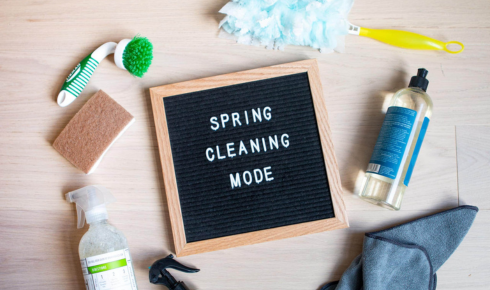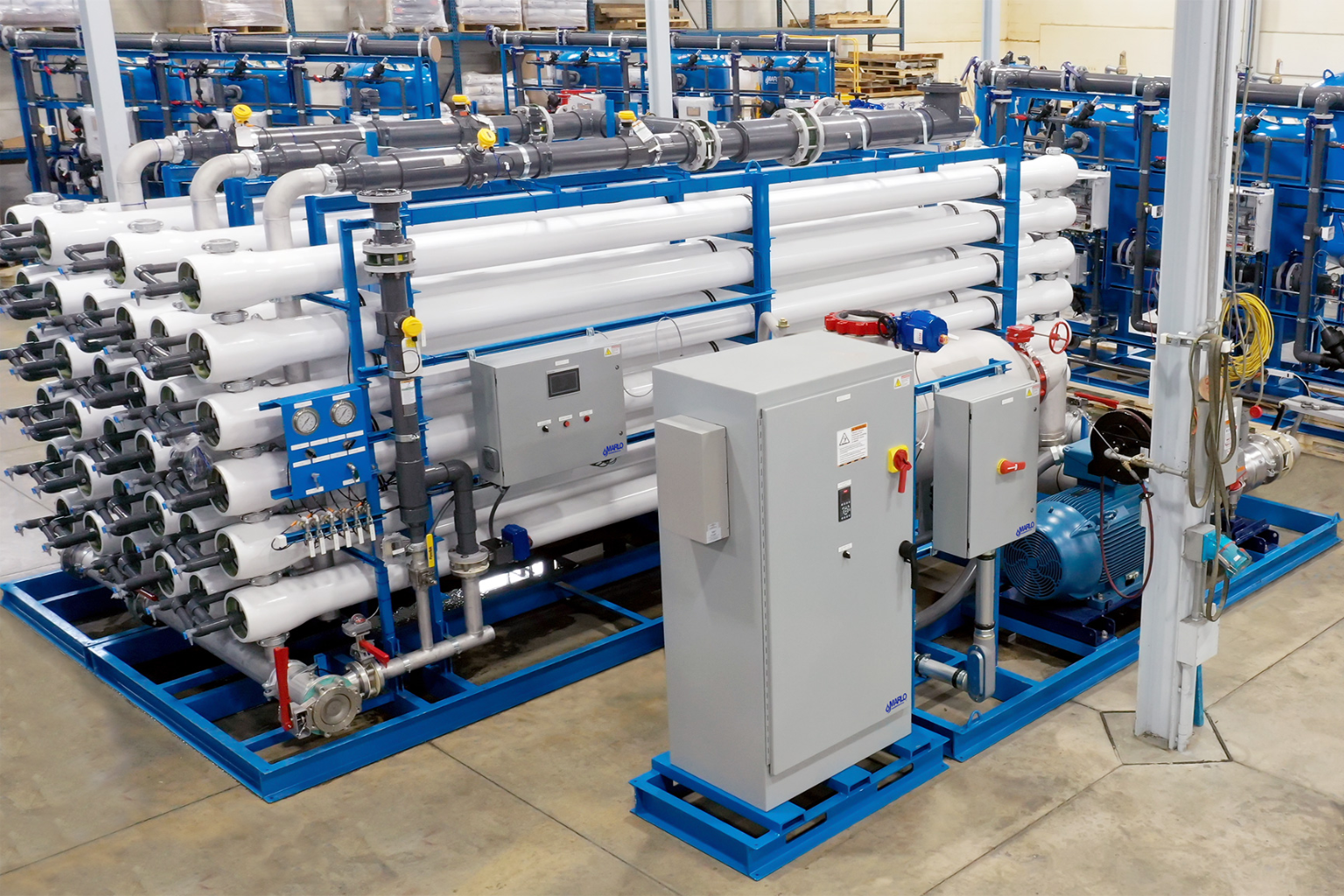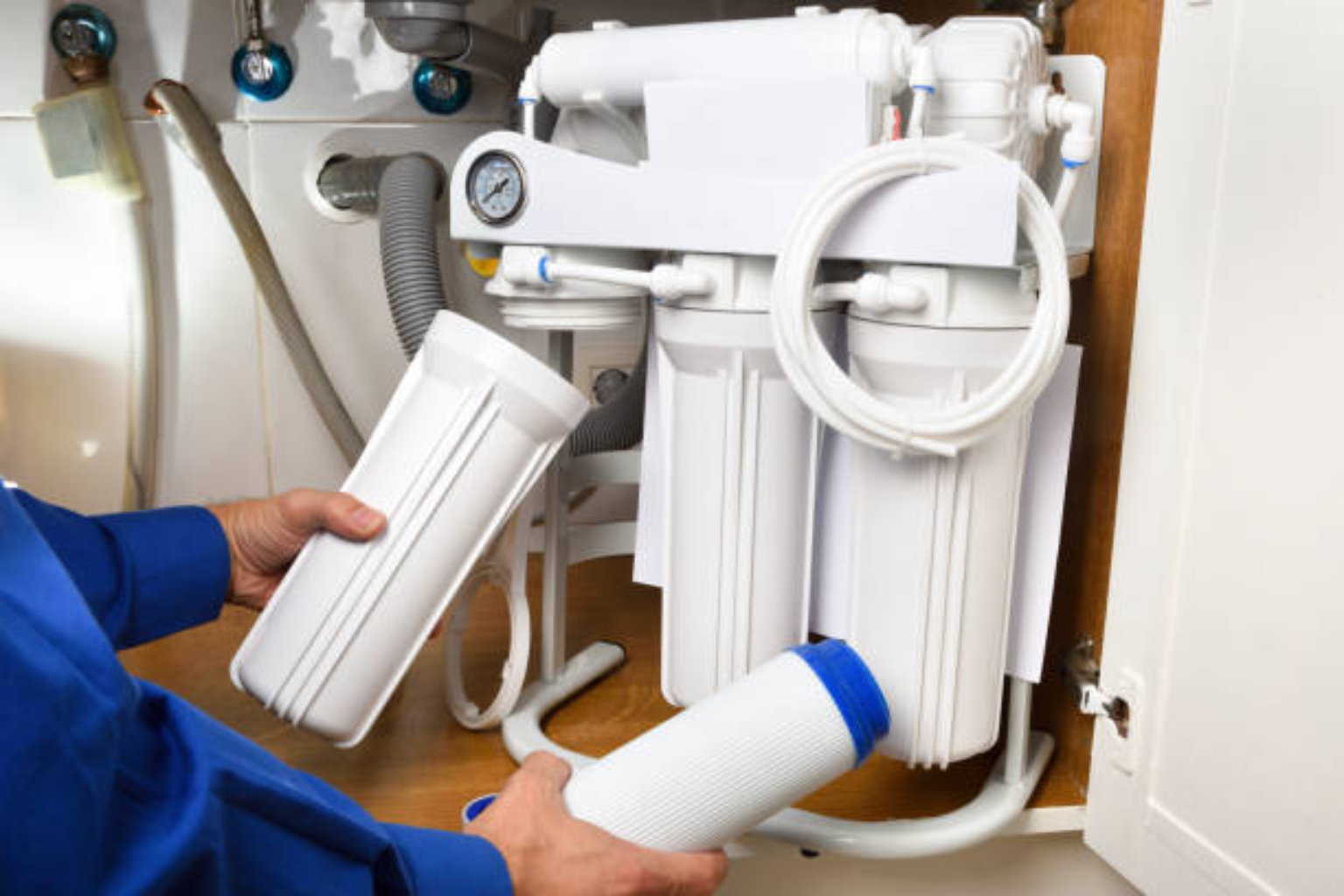There’s something unsettling about turning on the tap expecting clean, crisp water and instead finding a faint orange tint, a metallic taste, or those frustrating reddish streaks around your sink. For many homeowners, these small signs are brushed aside as “just a cosmetic issue.” But anyone who’s dealt with iron buildup or rusty plumbing knows the story goes much deeper than stained laundry. Water issues often creep up slowly, and by the time they’re obvious, the damage can already be more costly than you’d like to admit.
Most of us take clean water for granted until it stops being reliable. And if you’ve noticed rust or iron sneaking into your water supply, it’s worth understanding what’s happening and how to handle it before things spiral.
The Hidden Cost of Iron in Everyday Life
Iron in water doesn’t just tint your faucet fixtures—it’s a silent saboteur. Clothes come out of the wash with dull orange streaks, coffee brews taste oddly metallic, and your bathroom surfaces take on stubborn stains that refuse to budge. Beyond the nuisance, iron deposits can clog pipes, shorten the lifespan of water heaters, and even make your home plumbing groan like it’s a century old.
That’s why iron and rust water system maintenance isn’t just a technical term tossed around by service providers. It’s a lifeline for households tired of scrubbing sinks, replacing appliances early, or wondering why their water pressure seems to vanish overnight. A properly maintained system doesn’t just keep things clean—it protects your wallet and your peace of mind.
Rust Is More Than Just Stains
A lot of people assume rust is purely cosmetic. But think about what rust actually is: the visible decay of metal over time. Once it sets in, it doesn’t politely stop. It spreads, weakens, and eventually breaks down the integrity of whatever it touches—whether that’s your old iron well casing or the pipes that bring water into your kitchen.
The ripple effect isn’t always immediate. First, you notice the taste shift. Then, the stains darken. Later, your pipes start narrowing from inside out because deposits have built up, quietly choking the flow. By the time you’re calling for an emergency plumber, it’s usually been going on for years.
Regular inspections and professional cleaning can slow or even stop that process. Catching issues early means you’re preventing a chain reaction of costly repairs.
Why Testing Should Be Your First Step
Before anyone rushes to install filters or replace sections of piping, it’s important to figure out what you’re dealing with. Iron can appear in different forms—sometimes dissolved invisibly in water, sometimes as those reddish flakes you can spot by eye. Each type requires a different solution.
That’s where water contamination testing and treatment comes in. A proper test gives you a clear map: Is it iron bacteria? Is it simply mineral buildup? Or is there a broader contamination problem coming from the groundwater source? Without that information, homeowners often waste money on equipment that doesn’t fix the core issue.
Think of testing as a diagnostic checkup for your water supply. Just like a doctor wouldn’t prescribe medication without bloodwork, a good water specialist won’t sell you a treatment plan without data.
The Science (and Frustration) of Stains
If you’ve ever stood over your bathtub with a bottle of bleach, scrubbing like your life depends on it, you know how stubborn rust stains can be. They cling in ways that ordinary household cleaners can’t fully handle, leaving behind reminders that something is wrong at the source.
This is where specialized stains and contaminants removal services come into play. Instead of endlessly scrubbing surfaces or buying harsh chemicals that barely make a dent, professionals use targeted techniques designed for mineral and rust residue. It’s less about quick fixes and more about restoring surfaces while preventing the same mess from coming back in a few weeks.
And honestly, it’s also about sanity. Knowing that the problem isn’t your cleaning habits—it’s the water itself—removes the frustration and helps shift focus to real solutions.
Prevention Is Always Easier Than Repair
When it comes to water systems, proactive care is the real money-saver. It might not feel urgent to schedule maintenance when your water still “mostly works,” but that’s exactly when you should do it. Waiting until things break down tends to mean shelling out for new appliances, re-piping sections of your house, or worse—health risks if bacteria take hold in rusty environments.
Preventive maintenance, paired with occasional testing, keeps things manageable. You won’t just avoid damage—you’ll also enjoy better-tasting water, cleaner laundry, and appliances that last the way manufacturers intended.
A Few Relatable Realities
Maybe you’ve ignored rusty streaks before guests arrive, hoping they won’t notice. Or maybe you’ve rewashed laundry three times, only to realize the orange stains aren’t detergent’s fault. These small, everyday annoyances pile up, and they’re what finally push most people to take action.
The good news? Once you get your water system under control, those daily frustrations melt away. Showers feel refreshing again, coffee doesn’t taste off, and you no longer avoid inviting friends over because of “that sink.”
The Takeaway
Water isn’t just another utility—it’s part of your daily rhythm, woven into everything from your morning routine to the meals you cook. Letting iron and rust run unchecked is like ignoring a slow leak in your roof; eventually, it’s going to demand attention, and it won’t be cheap.
With a mix of testing, maintenance, and professional cleaning services, it’s possible to reclaim the quality of your home’s water and extend the life of your plumbing. The peace of mind alone makes it worth acting before things get worse.
So if you’re noticing odd stains, metallic tastes, or pressure that seems weaker than it used to be, don’t brush it aside. It’s your water system nudging you, asking for a little care—and answering that call now will save you a lot of trouble down the line.




